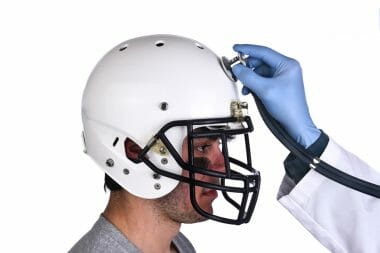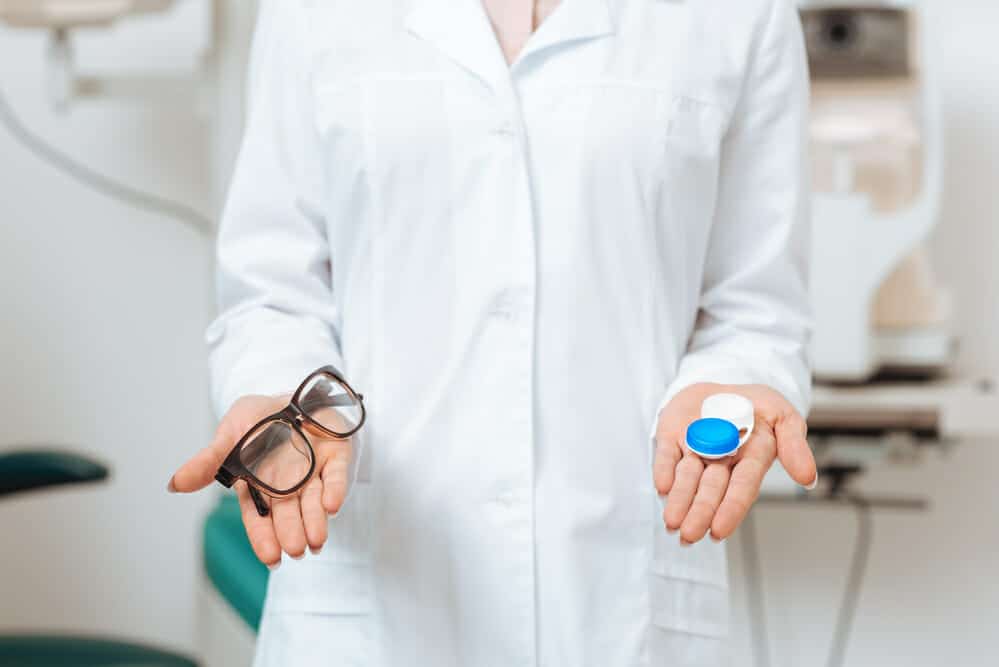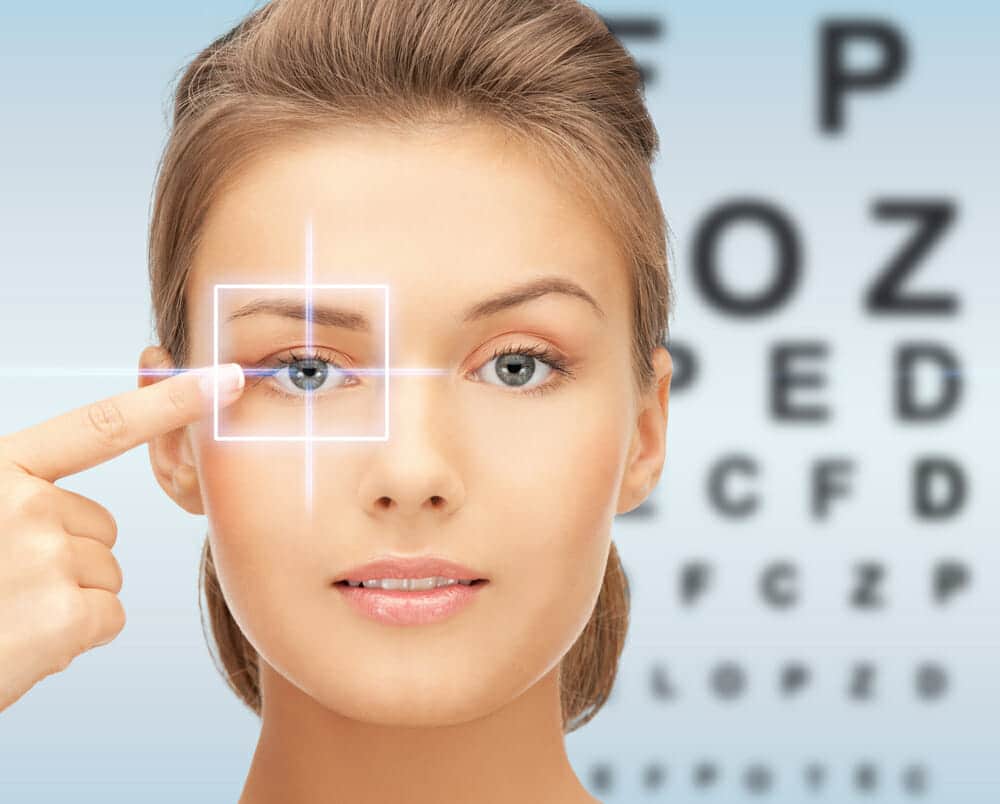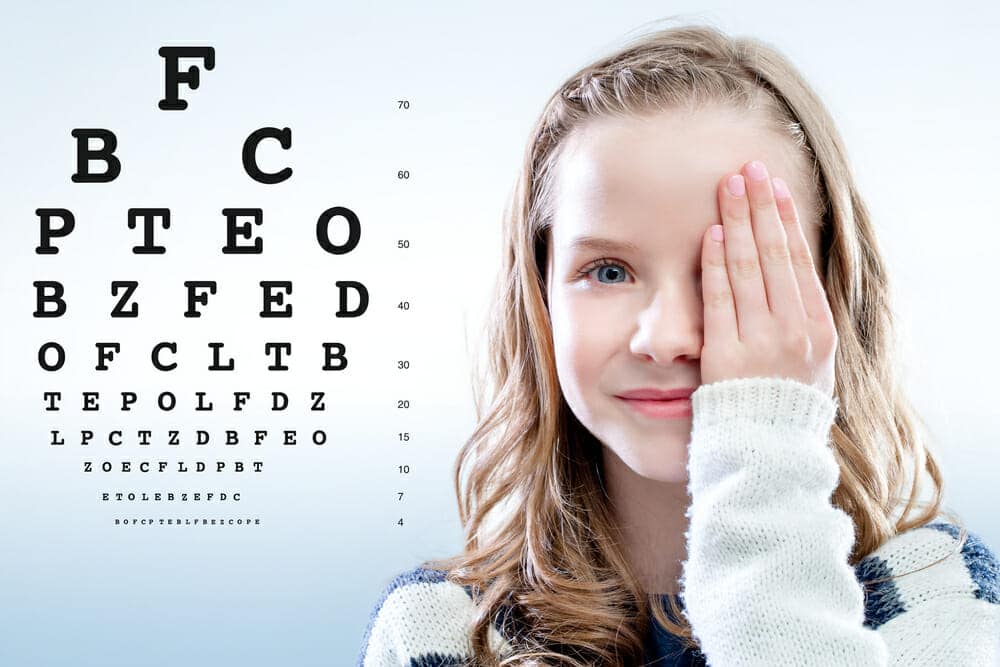This is a continuation of our series on Natural Vision Correction. Get to Part 1 Here.
Nutrition
Optimal vision is not only determined by the extraocular muscles of the eye. These exercises and stretches have helped with that but now we must focus on the whole body. The foods we eat are another piece of this puzzle and play a large role in healing as well.
Vitamin A
Remember that in order to be able to see, our specialized cells (rods and cones) located in the retina must need to function well. After the light hits these receptors they get bleached, these visual pigments need to regenerate in order to keep doing what they need to do. Vitamin A helps that regeneration process.
Vitamin C
Vitamin C strengthens the immune system to protect the body from pathogens. It has the same effect on the eyes. Vitamin C acts as an antioxidant that protects the cells in the eyes from damage caused by harmful allergens from the environment. It also promotes healing which helps maintain a healthy cornea and overall eye vitality.
Vitamin E
Vitamin E is also important for better vision. It helps in the synthesis of red blood cells which is critical for eye health. Vitamin E is most beneficial to the eyes as it can protect our visual organs from free radicals which abound in the environment.
Antioxidants
Natural antioxidants beta-carotene, zeaxanthin and lutein can also help your vision. These antioxidants may sound alien for some but these powerhouses are now commonly incorporated in all kinds of health products from bath soaps to nutritional supplements. In the eyes, they protect the macula, which is located in the middle of the eye ball, from sun damage. Proper antioxidant intake helps ensure that you are taking the necessary steps to slow down age-related macular degeneration.
DHA, Omega-3s
DHA from fish oils can help strengthen your cell membranes and it can provide structural support for your eyes and boosts your entire eye health. Omega 3s are also a natural anti-inflammatory and help to regenerate the cartilage of the joints. They are another nutrient that helps prevent macular degeneration.
Zinc
Zinc is a mineral that is necessary for cell division and cell division is a process necessary for healing and growth. This helps the “re-pigmentation” of the rods and cones in the retina of the eyes.
20 Surprising Foods to Promote Eye Health
When you were younger, you were probably told countless times that some orange colored foods, specifically carrots, promote healthy eyes. While you may think that your parents’ efforts to protect your vision were a cover up to get you to eat all your vegetables, there’s some truth in what they were saying. These orange foods are more than meets the eye (no pun intended); they contain large amounts of Beta-carotene, a form of vitamin A, which is responsible for giving these orange foods their bright color. Beta-carotene is known to help restore and maintain the health of the retina, which in turn helps your eyes to function properly.
Carrots are the obvious food for better eyesight, even our parents knew this, but keeping your eyes healthy through your diet doesn’t just rely on beta-carotene alone. There are a number of other beneficial vitamins and minerals that are just as important for healthy eyes.
At the end of the day, there’s some truth in the old adage ‘You are what you eat!’ Eating healthily on a daily basis is essential for your overall health, especially your eyes’ health. Here are some of the most powerful foods you should be including in your diet to help promote healthy eyes and vision.
Leafy Greens
Leafy greens are also probably one of the food groups your parents were trying to get you to eat more of when you were younger, and again they’re right, but probably not for the same reasons they were advocating. Leafy greens that include kale, spinach, collard, lettuce, broccoli, and cabbage are jam-packed with a whole lot of zeaxanthin and lutein, two powerful antioxidants that have been proven to help reduce the risk of degeneration of the eye and cataracts later on in life.
Eggs
It doesn’t matter if they’re boiled, scrambled, fried or in an omelet, eggs are an excellent source of nutrition for your eyes. The yolk of the egg is especially powerful as it contains a good amount of lutein, zeaxanthin, and zinc. Like your leafy greens, the egg yolk can help maintain your eyes’ health as you grow older, and essentially it can help fight cataracts.
The yolk of an egg also contains a great source of natural vitamin D, which over the years has been proven to help reduce the risk of developing ARMD (age-related macular degeneration), which results in vision loss later on in life.
Citrus fruits
Oranges, lemons, limes, and grapefruit are all full of vitamin C. Vitamin C is superior to most other vitamins, and it’s one of the best forms of antioxidants. Vitamin C is known to form and maintain your body’s connective tissues, which also includes the collagen found in your eye’s cornea. Eating more citrus fruit will help protect your eyes from trauma to the eyes and prevent them from being damaged.
Seeds and nuts
Seeds and nuts may be your favorite snack food, but they’re also more beneficial than this, they’re excellent sources of vitamins C and E. When combined, these vitamins work together to help keep your body’s tissues strong and healthy which is essential for healthy eyes as the dense outer layer of the eye is made up of tissues. Eat more sunflower seeds, chia seeds, flaxseeds, almonds, peanuts, and pecans.
Wild Blueberries
If there were a super fruit, it would surely be the blueberry. It is unbelievable how one little fruit can contain so much goodness. This humble berry is in fact one of the foods with the highest amounts of antioxidants. While the blueberry is beneficial in many ways and tackles a number of health concerns, it’s especially beneficial when it comes to maintaining your eyes’ health.
Blueberries contain high doses of vitamin C, which help fight the free radicals responsible for damaging your eyes and causing eye disease. Getting more vitamin C in your diet will help reduce any intraocular pressure on the eye, meaning you’ll have less of a chance of developing glaucoma later on in life, which is the second leading cause of blindness in adults in the US. Why wild, organic blueberries? They have been shown to have higher levels of these life-saving nutrients.
Sweet Potatoes
If you’re not already substituting potatoes with sweet potatoes, this may make you think again. Sweet potatoes aren’t only for Thanksgiving; this delicious and understated vegetable is packed with vitamin A, a powerful antioxidant. Vitamin A is responsible for protecting your eyes against any nasty free radicals that can harm your eyes. Vitamin A is particularly helpful by reducing eye inflammation and dry eyes, which are two things that, if left untreated, could lead to some more serious eye problems later on down the road.
Fatty Fish
If you don’t eat much fish, you might want to reconsider your diet. Fatty fish in particular is rich in DHA, a special fatty acid that’s also found in your eye’s retina. Research shows that low levels of DHA in the eye can lead to dry eyes and dry eye syndrome. So, if you want to avoid refractive surgery in the future, eat more wild salmon, mackerel, tuna, trout, and anchovies. If you’re one of these people who don’t like fish, it’s essential to take capsules containing omega-3 essential fatty acid to prevent dryness of the eyes.
Whole Grains
Whole grains have always been promoted as the ‘healthy’ food, but we’re never really told why. A diet that has a low glycemic index (GI) will dramatically reduce your risk of developing any eye condition related to ageing such as macular degeneration. Additionally, whole grains contain an impressive amount of vitamin E, niacin and zinc, which together will help with you overall eye health. Ditch the refined carbs in your diet such as white breads and pasta and opt for brown rice, oats, whole-wheat breads, and quinoa instead.
Nutrition is such a big part of optimal vision we had to break this into two parts. Part 8 of this 10-part series will continue to explore nutrition and its effects on eyesight.








Reply